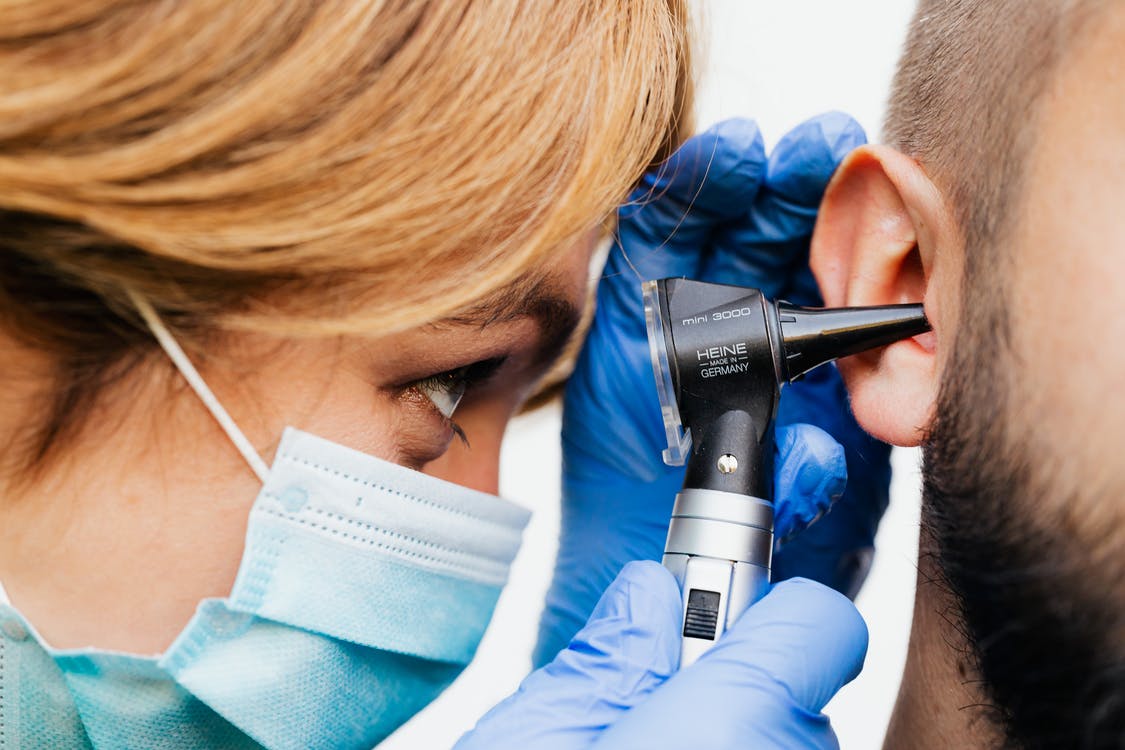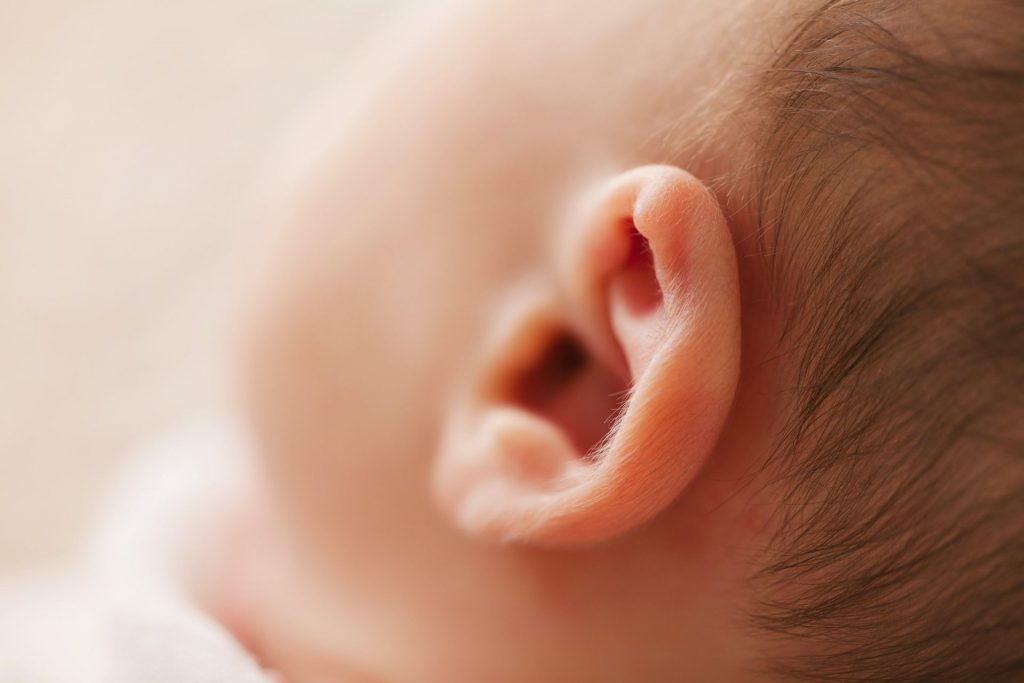Dealing with hearing loss opens a host of problems that can affect how people live, but most people assume the condition is limited to anything ear-related. But other than struggling with hearing issues, some of the important functions that it can compromise include your balance.
How is Your Hearing Loss Linked with Your Balance?
Deep inside the heart are two connected parts called the cochlea and the labyrinth, both of which are responsible for giving you a better sense of spatial awareness. Breaking down the vestibular system, you’ll find a network of tubes called semicircular canals in each ear, which detect movement whenever you move your head.
Since the vestibular system gets activated whenever you make movements, processing the action can take some time. When you put that into context, you’ll notice that drastic movements such as spinning can cause a dizzy spell, as if the room remains spinning even when you’ve steadied yourself.
When you have ear problems that impact your vestibular system, it can compromise how it sends information to the brain. That’s why hearing loss can result in a feeling of lightheadedness, faintness, dizziness, or disequilibrium.
Do Balance Disorders Impact Hearing Loss and Vice Versa?
Many factors can result in the progressive development of hearing loss, but no matter the reason, most balance disorders occur once you start having problems with the inner ear. Some of the common hearing issues that can impact your balance include the following:
- Labyrinthitis – this is an infection of the inner ear that impacts the labyrinth, which is the inner structure that contains two vestibular nerves responsible for sending signals to your brain regarding spatial navigation. When the structure within your inner ear becomes inflamed, it can result in hearing loss, which consequently leads to feelings of vertigo.
- Meniere’s Disease – this is a condition wherein the labyrinth suffers from a constant, heightened pressure that builds up as if you’re underwater. While Meniere’s disease typically occurs in one ear, there are some rare cases wherein both ears are affected. Either way, it can also cause hearing loss, vertigo, and tinnitus.
The Bottom Line: How Hearing Loss and Your Sense of Balance are Linked
While your ears and balance may seem unrelated, the reality is that balance starts with your ear’s inner vestibular system. Contrary to popular belief, your ears play a pivotal role in other important parts of your body, too, so they play a part in the process of helping you know your place in this world’s fast-moving space.
Are You Looking for the Best Hearing Care Solutions Near Echuca?
Dealing with hearing problems—be it something as minor as ear wax removal to hearing loss—can be a daunting experience for anyone. If you’re suffering from some form of hearing loss and need proper hearing aids to boost your senses, CH Care provides extensive hearing care solutions in Australia.
Our hearing clinicians can offer assessments to hearing aid fittings, so you can choose the best aid that can help restore your functionality and increase your quality of life in more ways than one. From children to the elderly, we’re all here for you! Book an appointment with us today and explore our services.










